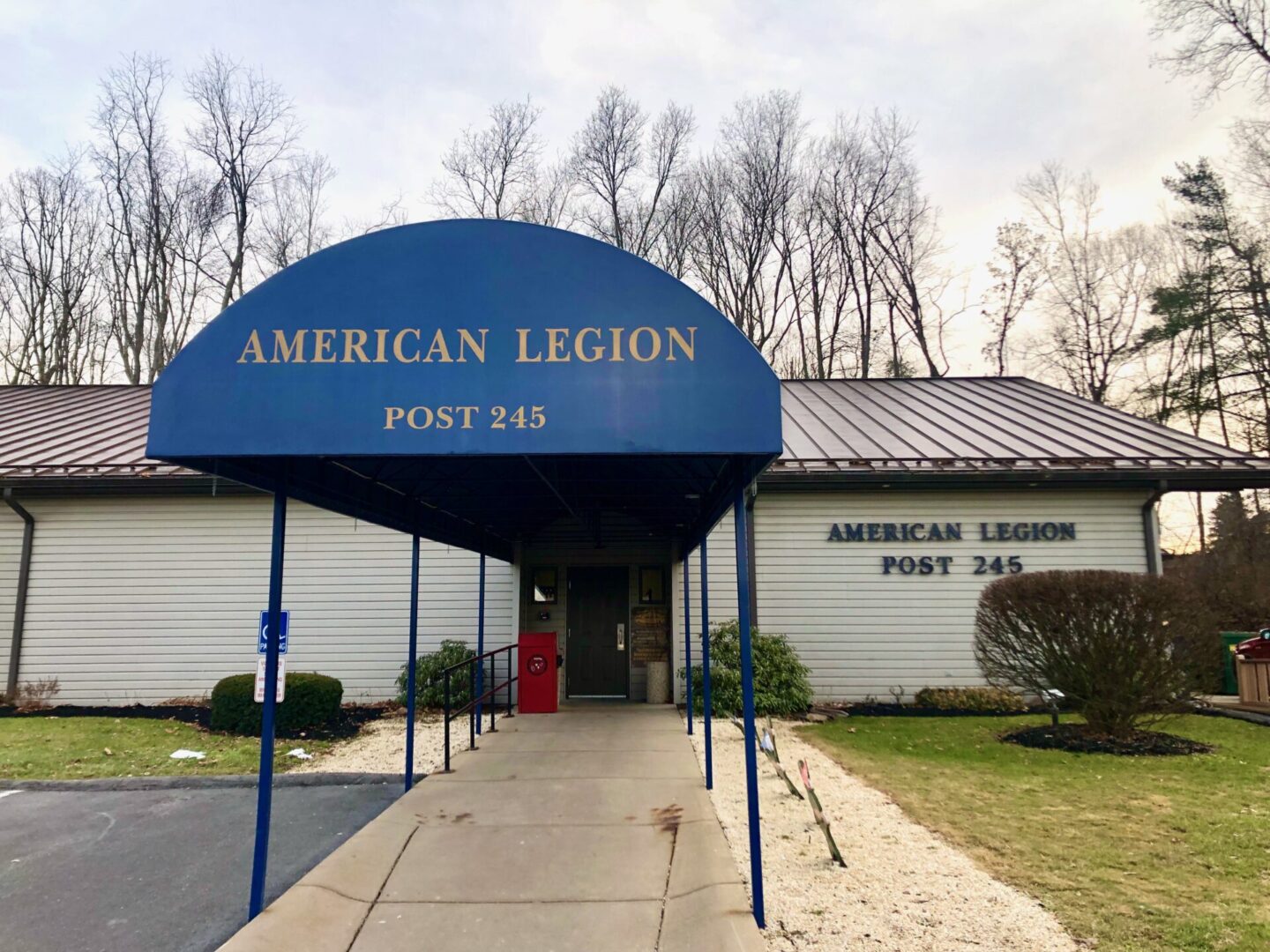A State College area American Legion Post has reopened its club about a week after it suddenly closed amid a dispute between two related but separate entities over who owns it.
American Legion Post 245, 1950 Pine Hall Road, wrote on its Facebook page on Tuesday that, “We are open and back to business as normal.” The club’s liquor license, which had expired on Jan. 31, was reissued on Tuesday, according to the Pennsylvania Liquor Control Board.
The reopening comes after Centre County Judge Brian Marshall issued a preliminary injunction dated Feb. 2 ordering Nittany Post Inc. not to interfere with Post 245 Inc.’s use of the property.
According to a complaint for injunction filed by Post 245 Inc. attorney David Gaines on Feb. 2, Nittany Post Inc. placed signs of the door of the social club a day earlier claiming that it was the rightful owner of the property, that the club would be closed until further notice and that only certain individuals were permitted on the property.
Post 245, Gaines wrote, is the owner of record on the deed to the property and Nittany Post “has not one iota of evidence to suggest it has any right to do what it is doing.”
According to the filing, Nittany Post was registered as a State College chapter of the American Legion in 1935. But in 1955, when the American Legion decided to purchase property and open a social club in the State College area, it incorporated Post 245 as a separate legal entity to own and operate the club.
The arrangement, Gaines wrote, has been in place since then and is common practice, with the organization wishing to have a separate legal entity own and manage a social club, where alcohol is regularly served, from its other functions.
While there are overlaps — their memberships are almost entirely the same and they share the same registered address— the two organizations are entirely distinct, with different officers, meetings and books, according to the complaint.
Since the club’s opening, Post 245 has held all of its ownership responsibilities, including operation, maintaining its insurance and bank accounts, paying its employees, owning the liquor and small games of chance licenses and filing its taxes, Gaines wrote. Nittany Post’s functions, he added, are focused on other activities such as fundraising.
“In recent months, the leadership of Nittany Post has decided that they should instead have control over the social club, not the officers of Post 245,” Gaines wrote. “It is unclear what is motivating this decision, other than a simple desire to have more power within the local American Legion structure.”
Most of Post 245’s attempts to address the issue “seemed to escalate Nittany Post’s desire to take over ownership of the property,” Gaines wrote.
After posting the signs, a Nittany Post representative allegedly “threatened officers of Post 245, claiming they had no right to be on the property.” Gaines wrote that “the actions of just a handful of officers of Nittany Post” prohibited Post 245’s more than 1,500 members from enjoying the social club and placed “undue hardship” on the operation of the club, “not to mention brazenly disrupting and interfering with Post 245’s ownership rights.”
Marshall’s injunction against Nittany Post remains in place “until further notice from the court.”



